Let’s talk about homemade natural hair conditioners.
In this series on natural hair care, we have already talked about why sulfates and silicones are bad for your hair and natural ways to wash your hair.
Now in part 3, we’re talking about natural ways to condition your hair. This post has been the trickiest to put together because everyone’s hair is so different and will require different types and levels of conditioner.
There are so many different things you can use to condition your hair as far as homemade natural hair conditioners go.
It’s actually a bit overwhelming to consider all the possibilities: olive oil, coconut oil, avocado, coconut milk, honey, apple cider vinegar, lemon, mayonnaise, egg yolk… and those are just the ones I’ve tried!
Types of Homemade Natural Hair Conditioners:
I have grouped these homemade natural hair conditioners into three groups: oils, protein, and acids.
Oils are pretty easy to figure out. The most common I see recommended is olive oil, followed closely by coconut oil. Jojoba oil, argan oil, and castor oil are also popular but not as easy to find in stores. Avocado is also a popular conditioner, but usually recommended in the whole form, not just the oil.
Protein conditioners are things like egg yolk and mayonnaise. I’ve tried each one once and it made a huge mess. It also made my hair extremely soft and shiny. If you have damaged hair, a protein mask is absolutely worth the mess.
Apple cider vinegar and lemon are acids. They are recommended in many different places as good natural conditioners. I did not have good experiences with them, probably because my hair is extremely dry. It seems that apple cider vinegar works best on oily hair.
And then there is honey. I’m not really sure which group to put it in. The recipes I have tried use honey along with an oil to make a creamy conditioning mask. Honey is very nourishing for hair and provides shine.
4 Ways to Use Natural Hair Conditioners
1. Wash and Rinse Product
Most people use conditioner as a wash and rinse product. If you are co-washing your hair, then you are already adding a little bit of conditioner to your hair. Straight hair doesn’t usually need much additional moisture, so a light wash out product will probably be enough.
2. Leave-In Product
For additional moisturizing, conditioners can be used as a leave-in product on wet hair. I have found this to be the most helpful when I wear my hair curly to help the curls set without frizz.
People with moderately dry hair prefer to use a light conditioner as a leave in. If that is not enough, you can use a slightly thicker conditioning cream. When I first started following a natural hair care routine, I needed a lot of moisture but now that my hair is healthy a light conditioner is enough.
3. Deep Conditioning Treatment
On extremely dry or damaged hair, a deep conditioning treatment can work wonders. Most deep conditioning treatments are very thick cream like mixtures and work best when applied with a little heat.
I have found the best way to apply a deep conditioning treatment is to work the product through clean, wet hair. Then add a shower cap (or plastic bag) to retain the moisture. Your body heat trapped within the shower cap is enough to provide deep penetration of the conditioner over an hour or two. If you want to speed things up, wet a towel with hot water and wrap it on top of the shower cap. When the towel gets cold, warm it up again. Repeat for 15 to 20 minutes.
4. Eliminating Frizz in Dry Hair
Conditioning agents can also be used on dry hair. I have found olive or coconut oil to be great at eliminating frizz on both my straightened or curly hair when applied dry. Light conditioners can also be applied to curls to tame second (or third) day hair.
Homemade Natural Hair Conditioners: Final Tips and Thoughts
At this point you’re probably wondering where to start and what homemade natural hair conditioners to try first, right? Start with what you have on hand in your kitchen. It will take a bit of trial and error to find the best product for your hair.
I have been collecting natural hair care recipes on pinterest. Did I miss one? Leave a comment below. I’d love to hear about your natural hair care routine.
More Articles on Natural Hair Care:
- How to Transition to Natural Hair Care
- Natural Ways to Wash Your Hair
- A Beginner’s Guide to Natural Hair Care

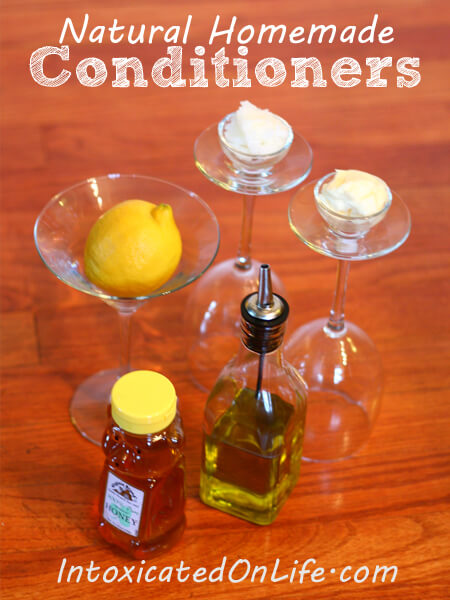
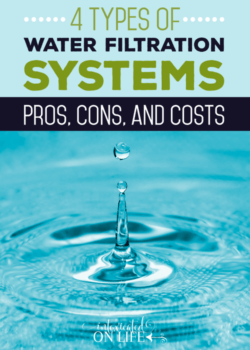
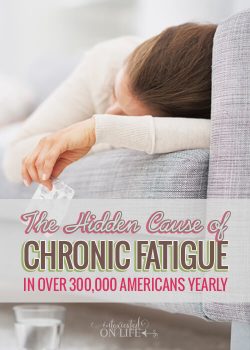

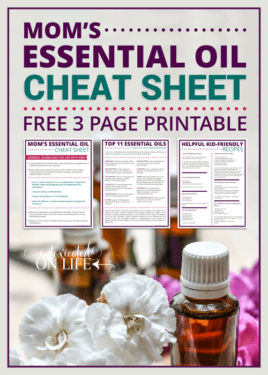


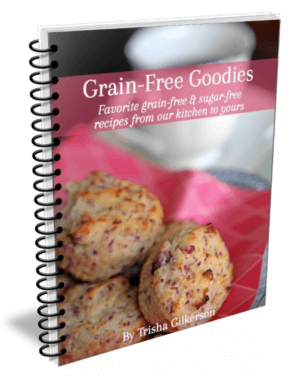
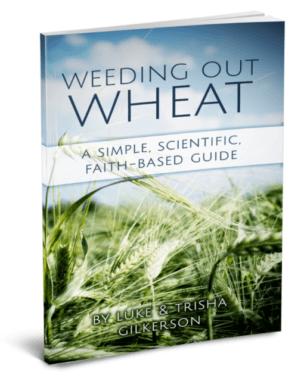

I use a shampoo bar from Chagrin Valley to wash with, and I follow up with an herb-infused apple cider vinegar rinse. Basically, I infuse the ACV with several detangling herbs. Then I pour a tbsp of the vinegar in a cup of water, and rinse my hair with it. Sometimes I follow up by rubbing a little coconut oil in the ends to prevent severe tangles and dryness.
I’ve heard about shampoo bars but haven’t tried them yet. Glad to hear you’ve had good luck with them.
Which herbs do you use for detangling?
I have started using Aloe and Aloe with vitamin E. I have really curly hair and get the frizzies like crazy. I am also severely allergic to coconut oil (actually all things coconut) because of my asthma so I have to be real careful about my hair and skin products. I love how healthy my hair is now compared to just a few months ago. It is also helping it to finally grow longer!!! I also do the co-wash with just conditioner so that I’m not washing my hair every single day. Loved your four part article on this!!!
Great post. Thanks for sharing it.